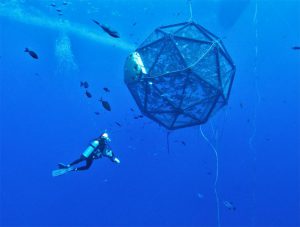
Opinion: America needs another revolution
The Ocean Stewards Institute responds to a critical article in The Hill over and argues that offshore aquaculture is the food revolution America needs.
When Seattle decided to rebuild the seawall separating its waterfront from Puget Sound, it turned to a bivalve byproduct for a unique, environmentally friendly material for an hospitable marine habitat. The city wanted its design and materials as pragmatic and beneficial for its underwater residents as for those using the parks, paths and services above ground.

The Ocean Stewards Institute responds to a critical article in The Hill over and argues that offshore aquaculture is the food revolution America needs.
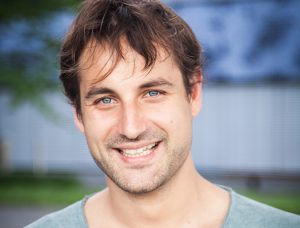
A business accelerator helps small businesses grow and ready themselves to capitalize on institutional investment opportunities. Sounds exactly what the aquaculture industry needs. Carsten Krome tells the Advocate about the various business models his new firm is investigating.
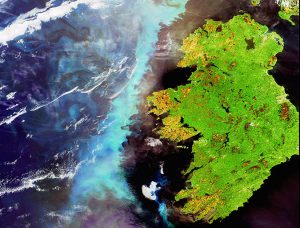
Copernicus – the European Space Agency’s €4.3 billion Earth Observation System – holds potential benefits for fisheries and aquaculture. The SAFI project is approaching the aquaculture sector about harnessing, and montetizing, this unique service from up above.
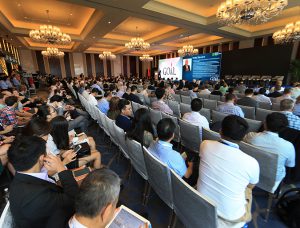
Each year the attendees of the Global Aquaculture Alliance’s GOAL conference – held in September in Guangzhou, China – have the opportunity to answer poll questions posed by speakers and moderators of panel discussions.
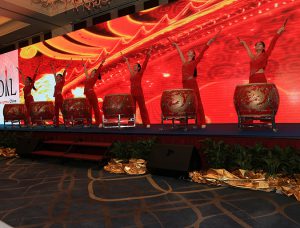
The Global Aquaculture Alliance’s annual GOAL (Global Outlook for Aquaculture Leadership) conference was held September 19-22 in Guangzhou, China. Click through this photo gallery taken during the three days of the annual event.
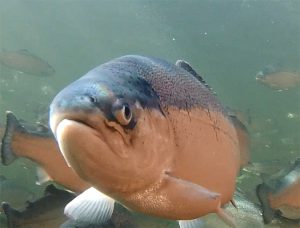
Quantidoc AS in Norway is the commercialization of Prof. Karin Pittman’s years of fish health research. Pittman, winner of this year’s Global Aquaculture Innovation and Leadership Award, utilizes stereology to measure and better understand mucous on gill, gut and skin tissues – the first line of defense for fish.
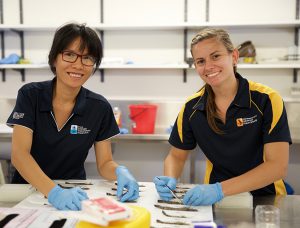
The black tiger shrimp is the second most important, farmed shrimp species globally. Because of its importance in Australia, the new ARC Hub for Advanced Prawn Breeding will develop a scalable, advanced breeding program for the species as well as bring its genetic knowledge to a level comparable to that of livestock.
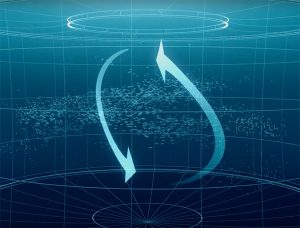
Salmon farming in Norway is poised for an innovation boom. The biggest players are putting cutting technology in the water to solve some of the industry’s most persistent problems, such as sea lice, fish escape and waste management.
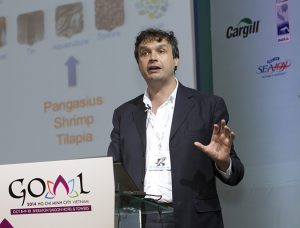
IDH Vietnam Manager Flavio Corsin speaks passionately about the importance of controlling disease and getting all stakeholders to put competition aside and pull on the same end of the rope. Improvement initiatives for pangasius, shrimp and tilapia are among the Dutch sustainable trade organization’s priorities.
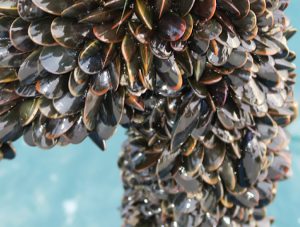
John Holmyard’s family has navigated a complex journey to get their rope-grown mussel farm operational in the waters off southern England. Offshore Shellfish Ltd. has solved the puzzles of bespoke equipment, a perplexing permitting process and the social license to operate.
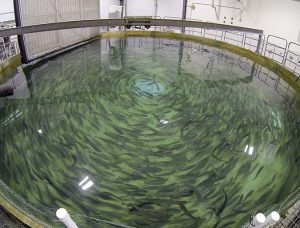
A number of large salmon farming companies are now investing significantly to increase land-based, water recirculating aquaculture systems (RAS) in northern Europe and North America, and there is likely a need for more trained farm personnel to run and manage these and other close-containment aquaculture facilities.
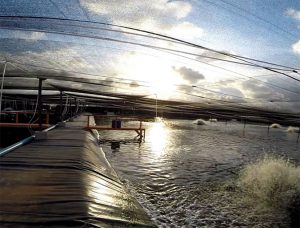
Winners of the Global Aquaculture Alliance’s annual Innovation & Leadership Award have shown the ability to overcome obstacles encountered in the responsible production of farmed seafood. New technology applications, biosecurity solutions and production systems have been honored.
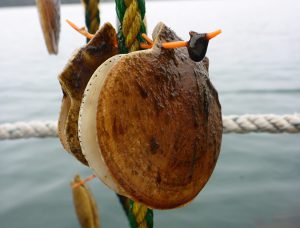
Gracias en parte a una relación única de "estado hermano" que Maine comparte con la Prefectura de Aomori, una técnica de cultivo de vieira y sus equipos relacionados desarrollados en Japón se van vía a los Estados Unidos. El uso del equipo podría ahorrar tiempo y dinero a los productores y podría marcar el nacimiento de una nueva industria.
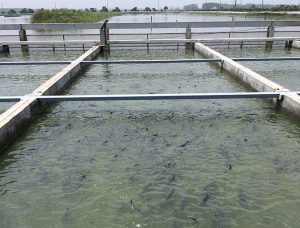
Intensive pond aquaculture (IPA) technology, a floating, in-pond raceway system developed in the United States, is being adopted fast in China, just three years after its introduction, says Jim Zhang, aquaculture program manager for USSEC-China.
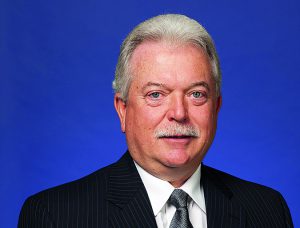
Ron Stotish, CEO of AquaBounty Technologies, discusses being the first to produce a genetically modified (GM) farmed salmon deemed safe for consumption, the controversy surrounding his company's product and the potential of biotechnology.